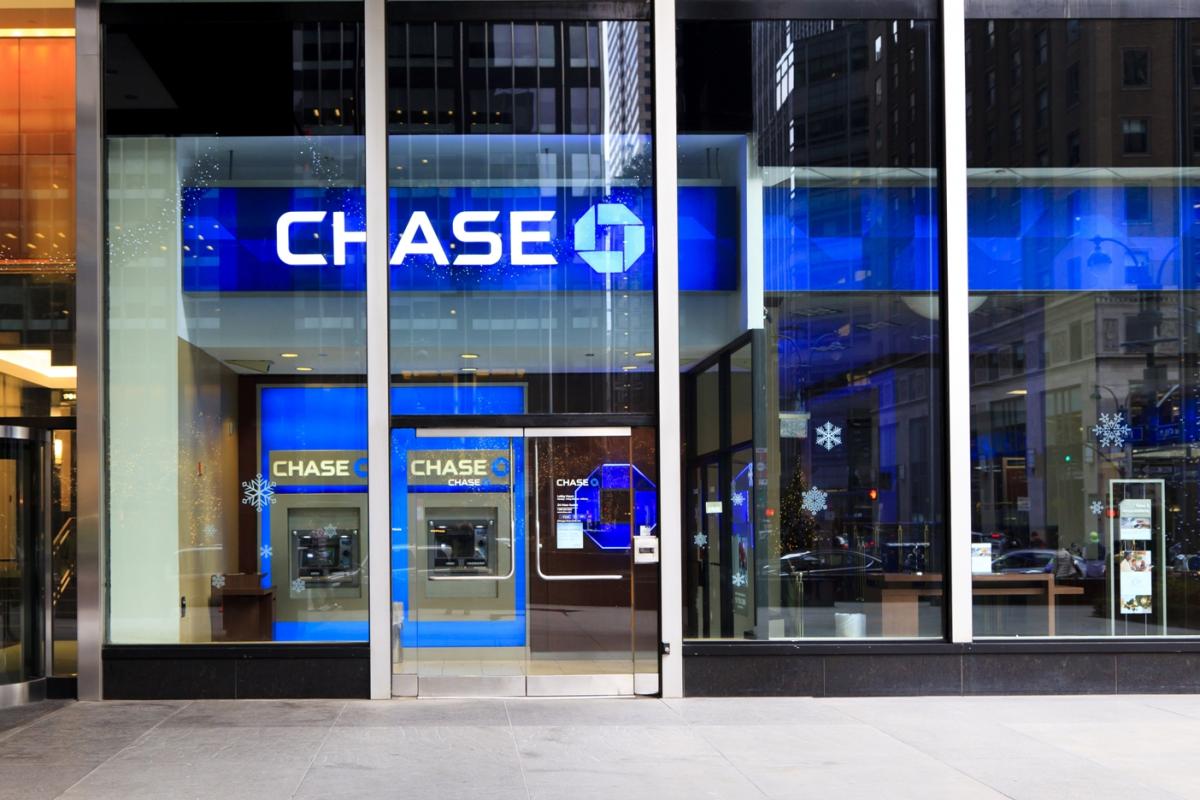Lindsey Allen, executive director of Rainforest Action Network, says 2019 will be a key test of whether new sustainability standards for palm oil will be enforced
We have known for a long time that we need to re-imagine our relationship with our planet and the climate. But in 2018, the world learned that the stakes have reached civilisation-threatening proportions, and it is essential that we generate a new “normal”, and bring about a historic transition from “business as usual” to a genuine priority on keeping forests standing, fossil fuels in the ground, and protecting community rights.
Governments play a primary role in charting this new direction, but given the enormous power and influence exercised by the private sector, it is imperative that major corporations and financial institutions play a pivotal role in ushering in a decarbonised future – and fast.
As 2018 came to a close, the Intergovernmental Panel on Climate Change (IPCC) issued its most dire warning to humanity yet, ringing the alarm of severe economic, social and ecological consequences facing hundreds of millions of people, impacts that in fact are already well under way, and are guaranteed to get far, far worse without fundamental shifts throughout our economy and society. The stakes are high for 2019 to be a monumental year of progress as we approach the COP25 climate summit, where the nations of the world will take stock of our status on the path to keeping the world from warming more than the dangerous 1.5°C threshold identified in the Paris Agreement.
Ominously, the location of next year’s conference has been moved to Chile after the intended host Brazil, whose newly elected far-right president, Jair Bolsonaro, threatened to take the country out of the Paris Agreement, announced that it would no longer host. The threat Bolsonaro’s policies pose to the integrity of the world’s largest rainforest, the “lungs of the Earth”, are extremely alarming, as he has essentially stated he would like to liquidate the Amazon and exterminate the extensive indigenous communities who live there.

2018 should have been the year when corporations responded proportionally to the pressing threats we face. Yet, instead of real and accelerated actions to stop deforestation, initiate a managed decline of fossil fuels and defend human rights, major banks and global brands have mostly missed this opportunity to harness the immense power they wield to implement bold solutions.
The past year was a time of significant advancement in emerging areas of international corporate campaigning that hold promise for positive outcomes in 2019 and beyond. Rainforest Action Network (RAN), with allies TuK Indonesia and Dutch research NGO Profundo, is increasing the sophistication and effectiveness of efforts to follow the big money and hold major investors and financial institutions accountable for the environmental and social consequences of their financing decisions, through the Forests & Finance project. Campaigns to end Wall Street’s massive funding of fossil fuels, starting with the worst offender, Chase Bank, as well as targeting the insurance sector for its role in shoring up climate-damaging industries, are also gaining real momentum that could set in motion a domino effect starting in 2019.
Forest and human rights advocates achieved notable milestones these past couple of years towards increased accountability, some in the form of hard-won corporate commitments in the palm oil sector.
The corporate world is coming around to the stark fact that a radically climate-changed world is not good for business
Palm oil stands out for its disproportionate impacts on the climate and the fate of Indonesia's rainforests. These tracts of critical forest and biodiversity are one of only three intact tropical forest strongholds left on the planet. Indonesia remains a global epicentre of deforestation, driven largely by the massive clearance of forests for the expansion of plantations, particularly on carbon-rich peatland soils. Roughly a tenth of global greenhouse emissions stem from the destruction and degradation of forests. Basically, there is no viable path for quelling the climate crisis that does not include stopping the deforestation crisis.
Years of pressure from market-based campaigns run by international environmental and human rights NGOs has resulted in a lion’s share of major players in the palm oil sector publicly announcing a new class of No Deforestation, No Peat, No Exploitation policy commitments (NDPE). In 2018, Malaysian plantation giant Kuala Lumpur Kepong (KLK) joined heavyweights including Unilever, Kraft-Heinz and many others. Taken together, these commitments set a ground-breaking new benchmark for acceptable corporate behaviour in this Wild West industry. The realisation of these commitments would represent a sea change in the sector and could achieve a significant victory in the fight against climate change.

Unfortunately, rhetoric and reality remain dangerously out of synch, as the policies announced to date have yet to result in the tangible changes so desperately needed on the ground in Indonesia, according to an in-depth evaluation of palm oil companies by ZSL (Zoological Society of London) published in November. Auspiciously, the Roundtable on Sustainable Palm Oil (RSPO), the primary industry certification body, voted to overhaul and strengthen its core standards at the end of 2018, but, like with the corporate policies, the standards are only as good as their implementation and enforcement, setting 2019 up as a key test of relevancy for the RSPO going forward.
Hundreds of these corporate commitments, from palm oil to paper to soy, mark 2020 as their deadline for implementation, including the Consumer Goods Forum, a collective of over 400 of the world’s largest consumer goods manufacturing companies that heavily rely on the biggest four drivers of deforestation: beef, soy, palm oil and pulp and paper. This makes 2019 a critical year for turning paper promises into real-world action.
There are no silver bullets and we must guard against pursuing false solutions such as tropical forest offsets, but the corporate world is coming around to the stark fact that a radically climate-changed world is not good for any kind of business. Corporate leaders must decide if they are going to lead the way and take advantage of new opportunities in renewable energy, technological advancements in supply chain monitoring and other emerging environmental innovations, or be left behind as a rapidly changing world makes old ways of doing business less and less relevant.

Lindsey Allen is executive director of Rainforest Action Network. She has more than a decade of experience pressuring and inspiring some of the world’s largest corporations to protect rainforests, human rights and the climate.
deforestation Palm Oil Rainforest Action Network Forests & Finance. Jair Bolsonaro


